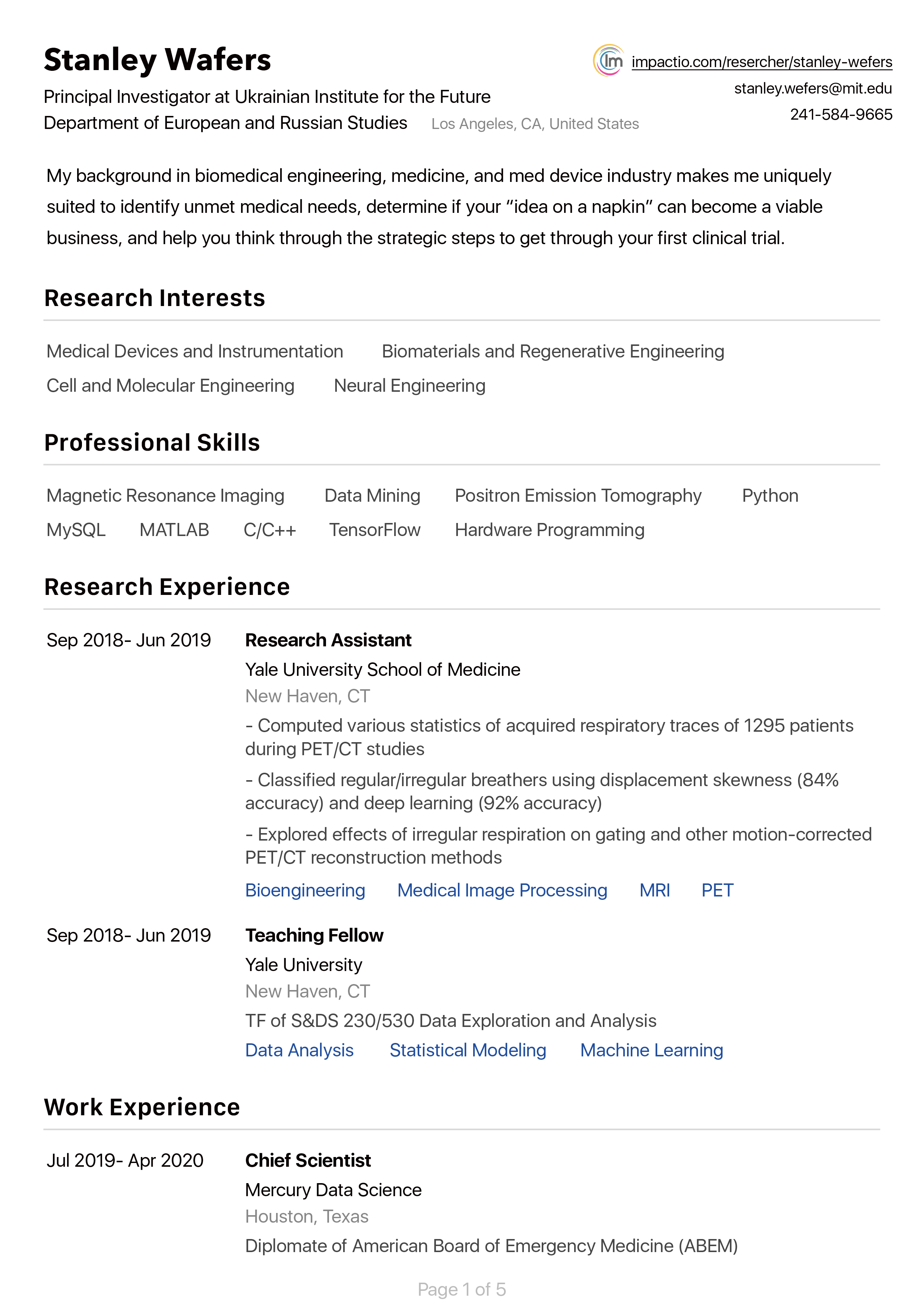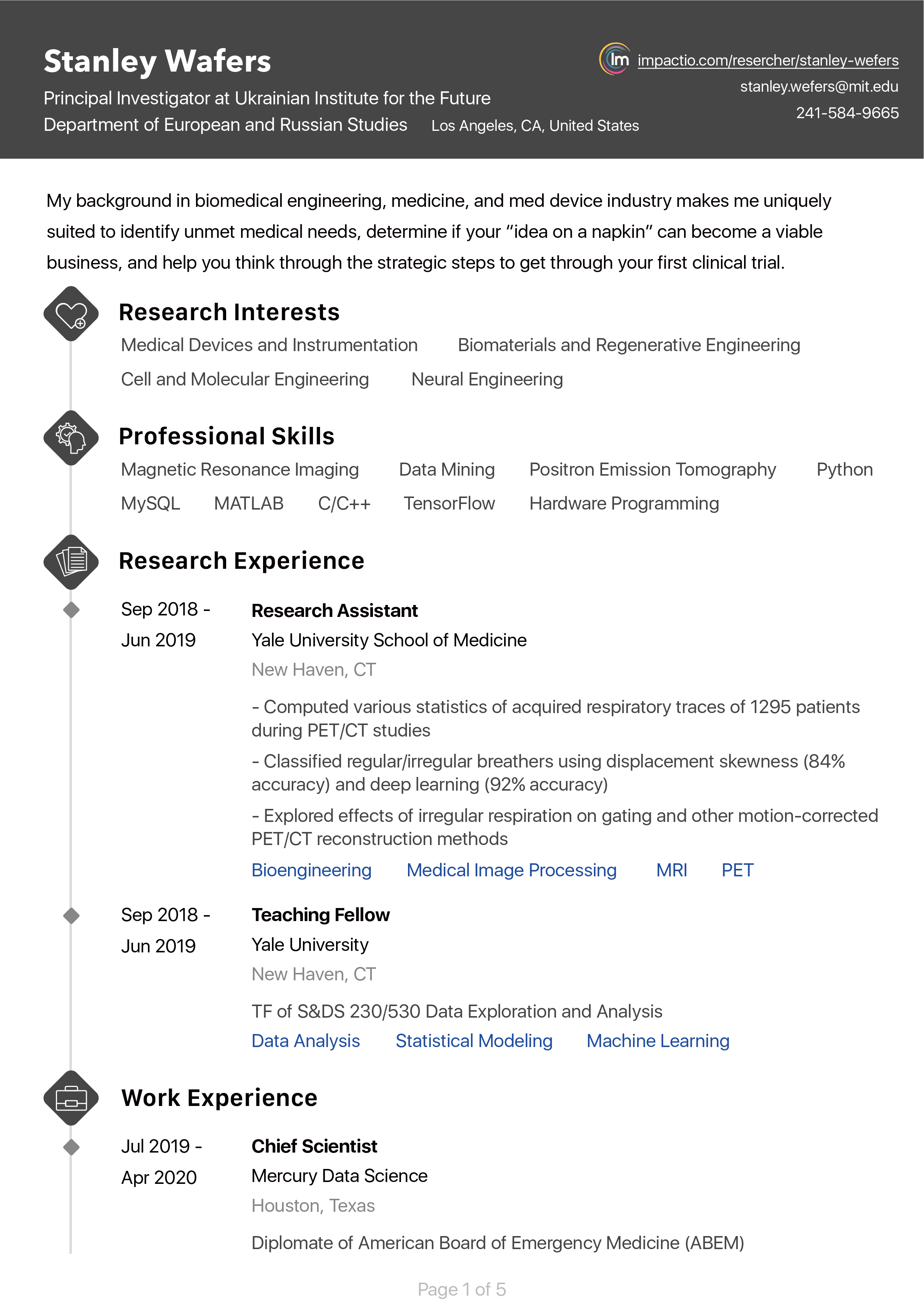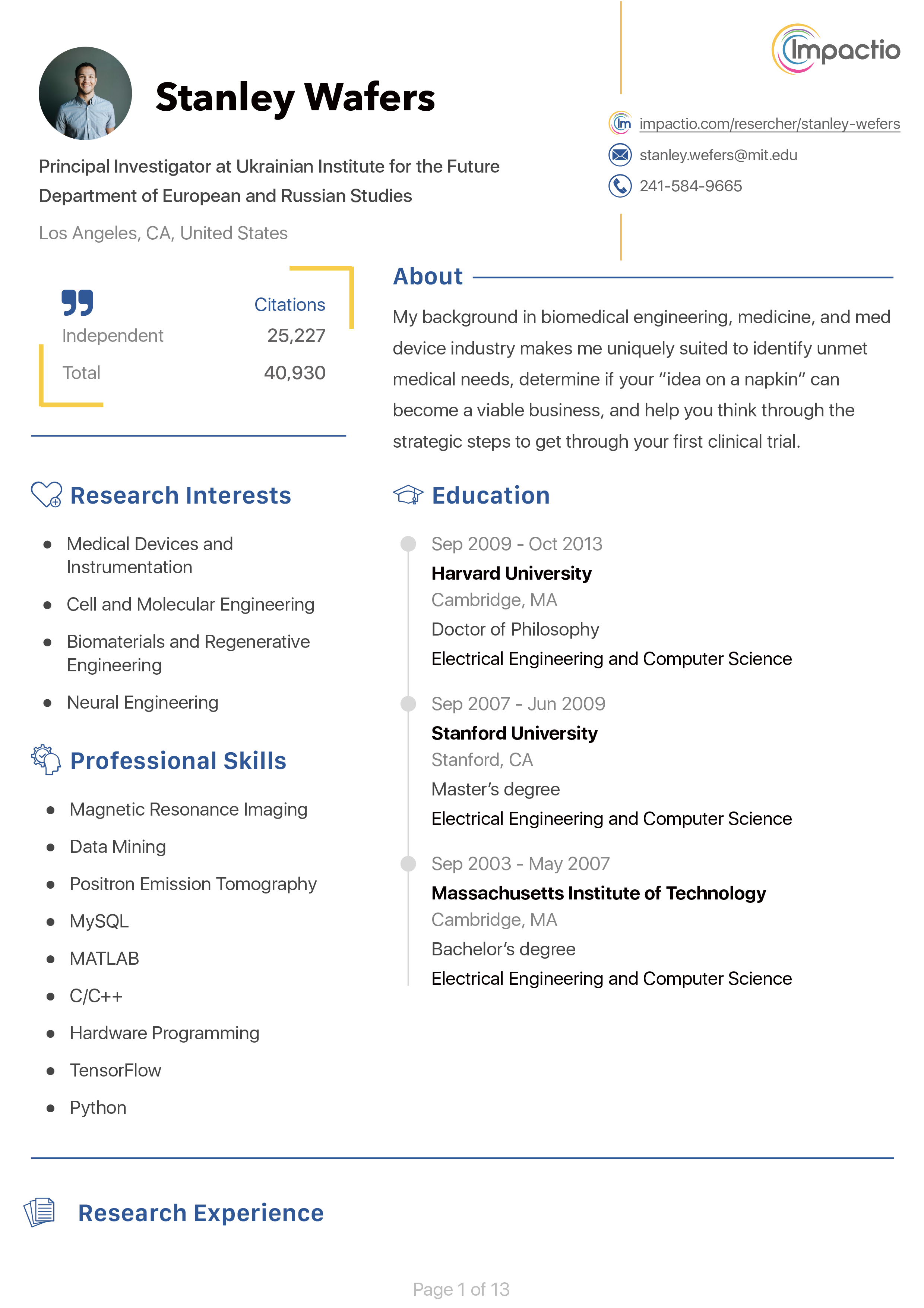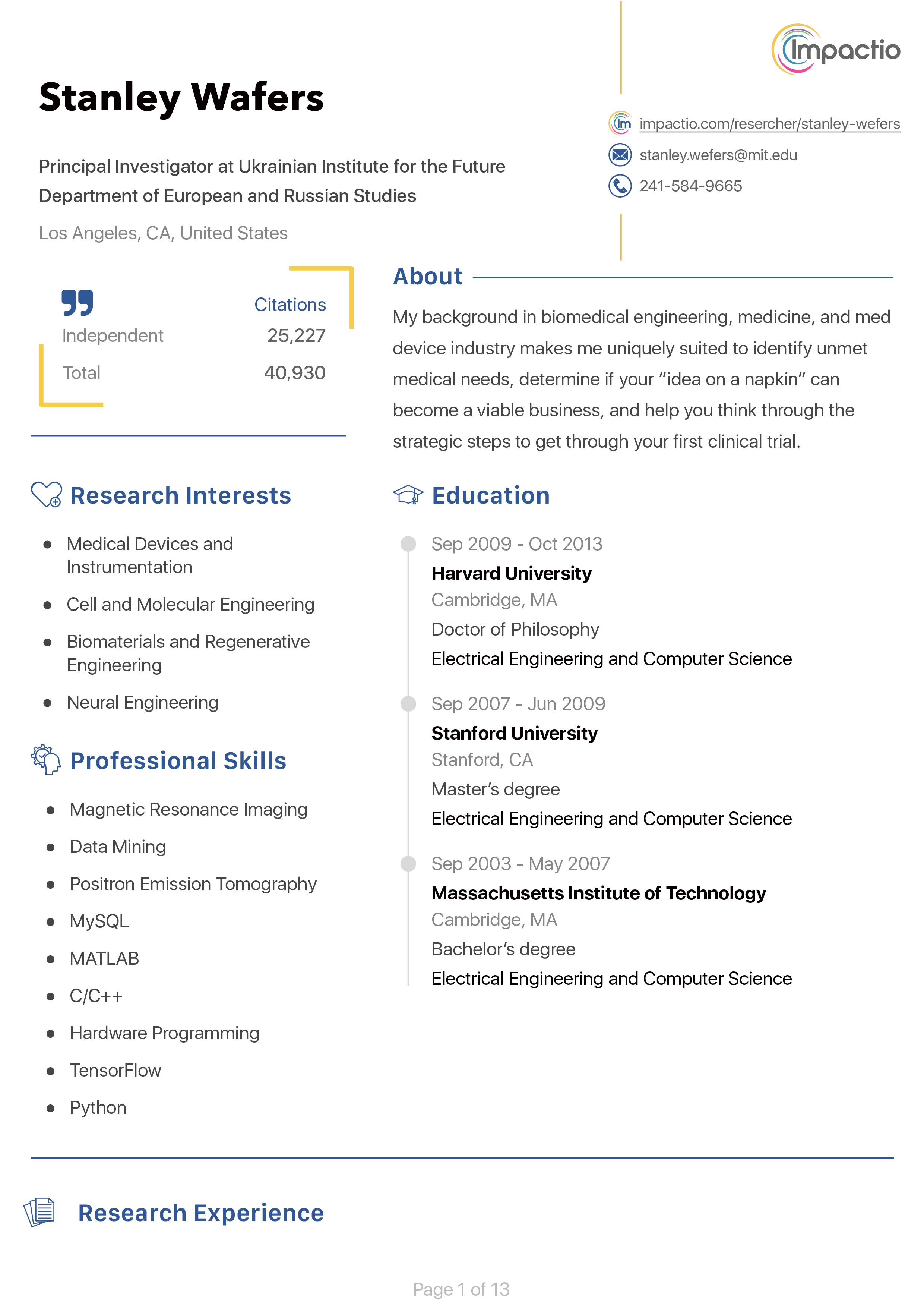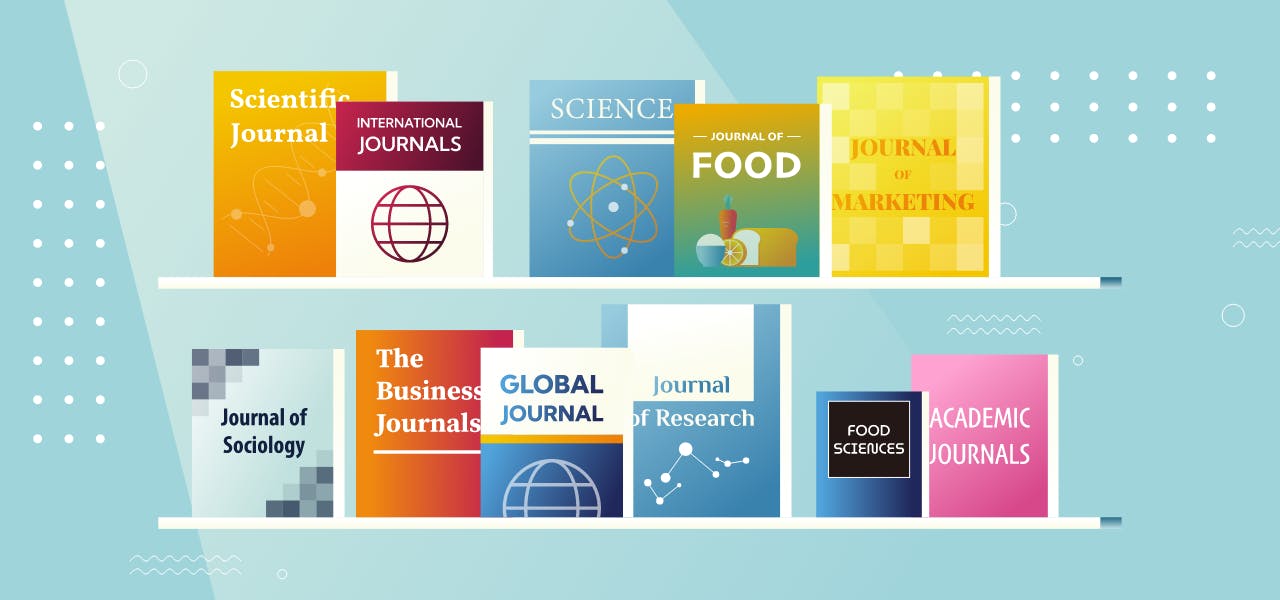- Teach pre-service English teachers (B.A.)
- Conduct workshops for TESOL M.A students
- Taught general and communicative English
- Taught Vietnamese to SUT staff and students
- Taught IELTS, TOEFL iBT & PBT, TOEIC
- Trained teachers of English (the 2020 project by Department of Education and Training)
-
- Developed syllabus and tests
- Organized English programs
- Taught business English -
- Taught pre-service English teachers
- Taught English
- Was Vice-President of the school's Youth Union
- Teach pre-service English teachers (B.A.)
- Teach English language teaching methodologies
- Teach academic and research writing
- Teach communicative English to M.A. students
- Train high school English teachers
- Conduct English workshops for students and high school teachers and provincial officials
- Organize English camps for teachers and students
- Teach Vietnamese to KSU staff and students
In the contemporary world, one of the most challenging tasks faced by most multilingual scholars is to publish their research work in English and to spread it across global contexts. Furthermore, many institutions now only accept and recognize publications in journals indexed in reputable databases. In fact, such pressures have been intensified when the evaluation of and rewards for scholars’ academic work are based on their publications in high-status citation indexed journals (Curry & Lillis, 2014; Lillis & Curry, 2010). Pressures have also heightened for postdoctoral students to publish their research work in such journals before finishing their degrees (Huang, 2010). Having experienced such pressures as a graduate student and a university faculty member, within less than six years the invited speaker has 20 Scopus/ISI papers. In this webinar, she will share some of the techniques in getting her research work published in good journals. The webinar is outlined as follows:
1) Why to publish?
2) How to make our research publishable?
3) How to choose the right journals?
4) How to go through reviewers’ comments and rejections?
5) Qs-As
The webinar is expected to provide the participants with some tactics and inspirations in doing their research, preparing and getting it accepted for publications in reputable journals.
The effectiveness of feedback on students’ writing has long been a debatable topic. Despite the ample evidence in support of written corrective feedback (WCF) in language learning and linguistic accuracy, some research found it to be unnecessary, ineffective or even harmful. Furthermore, the effectiveness of WCF on writing is reported to be influenced by various variables, including students’ proficiency levels, prior learning experiences, expectations and educational contexts. This webinar therefore plans to center around the following questions:
- Should learners’ writing errors be corrected?
- When should learners’ writing errors be corrected?
- Which writing errors should be corrected?
- How should writing errors be corrected?
- Who should do the correcting?
These topics will be followed by the sharing of successful practices of the WCF provision to the writing of Thai university students with their culturally-based English learning styles. This success asserts the crucial roles of teachers’ knowledge of students’ learning experiences, English proficiency levels, feedback preferences and classroom settings. It is hoped that this webinar will benefit Nepali teachers, apart from teachers in other countries with similar cultural values, with some insights into the adjustment of their feedback strategies in their actual teaching situations to prepare EFL students to become self-regulating writers.
Learning and teaching English in the age of globalization, digitalization and diversifications has constantly challenged our current understanding about the learners. In order to maximize the effectiveness of education, we need to continuously innovate our curriculum, pedagogy, assessments and evaluation. Research has helped this continuous innovation by providing key insights about students and teachers’ demands and needs and then shaping the strategies, policies and innovations in education. This paper attempts to explain this phenomenon from my perspective. First, I will provide a brief review of research paradigms and dominant research paradigms in English Language Teaching (ELT), followed by my personal reflections on what research approaches I followed, why I selected them and what procedures I followed. The discussion on my selected approaches and what I learned from my research will also be shared together with my opinion on the possible directions for future research in ELT.
Reflective practice has long been considered as desirable goals for teacher-education programs. The findings from several studies on this topic, conducted in different EFL teaching contexts, have proved that it is a meaningful way of learning about teaching and various aspects of teachers’ work. In Thailand, despite the commonly-reported problems about the English language education program, a few studies were conducted on how to improve the training for prospective English teachers. Besides a brief review of the significance of the reflective teaching approach in teacher education, this presentation will share two research projects in which an educator assisted her Thai pre-service English teachers to learn and apply this approach in teaching English writing in the Writing Instruction course. The findings from the survey, educator’s notes during the course and the focus-group interview showed the considerable success of this instruction in Thailand where students are reported to have their own culturally-based learning styles. Furthermore, the evaluations of the micro-teaching performances by the teaching groups, their peers and educator, the students’ reflections on their teaching strengths and weaknesses and their plans for reconstructing their teaching revealed positive impacts of this instructional approach on prospective English teachers in Thailand. This presentation is thus expected to 1) reflect on how teacher-educators are trying to improve the quality of Thai preservice English teachers, 2) develop their experiences to be life-long learners, and 3) provide some insights into the strategic development of enhancing reflective prospective teachers in different educational settings with similar teaching and learning cultures as well.
Citing previous works is an important rhetorical feature of academic writing and it is challenging for novice researchers, especially non-native English writers (NNEWs). However, little is known about how this group of writers cite although there tends to be an existing gap between what is prescribed and what is practiced. This presentation will first briefly review the significance of this rhetorical feature in academic writing, its syntactic structures and various rhetorical functions and reported problems in citing previous research by NNEWs. It then reports on the citation practice by 24 Vietnamese TESOL M.A students. This report is based on the investigation of the citation types and functions used to achieve the rhetorical purposes of each chapter in their TESOL M.A. theses and from the semi-structured interviews with actual thesis writers and their thesis supervisors. Besides the general citation practice by this group of NNEWs and the different citation functions and types employed in different chapters of their theses, these writers’ insufficient awareness of the significance of citations as a rhetorical device in their thesis writing and a lack of proper attention given to the in-text citations in the TESOL discourse community in Vietnam will also be shared. The section will end with practical suggestions to help novice NNEWs to fully acquire the citation use.

